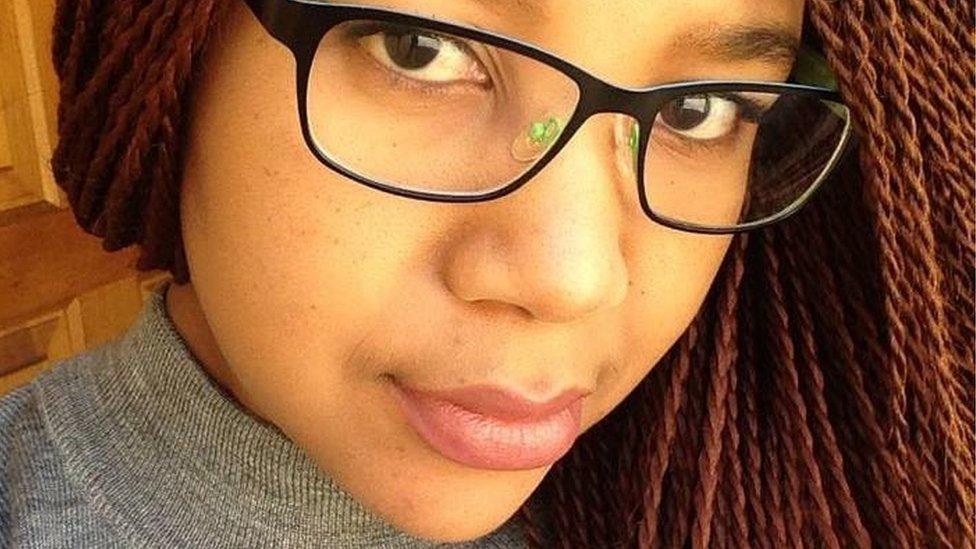Why people are suing L'Oréal over hair relaxers
- Published
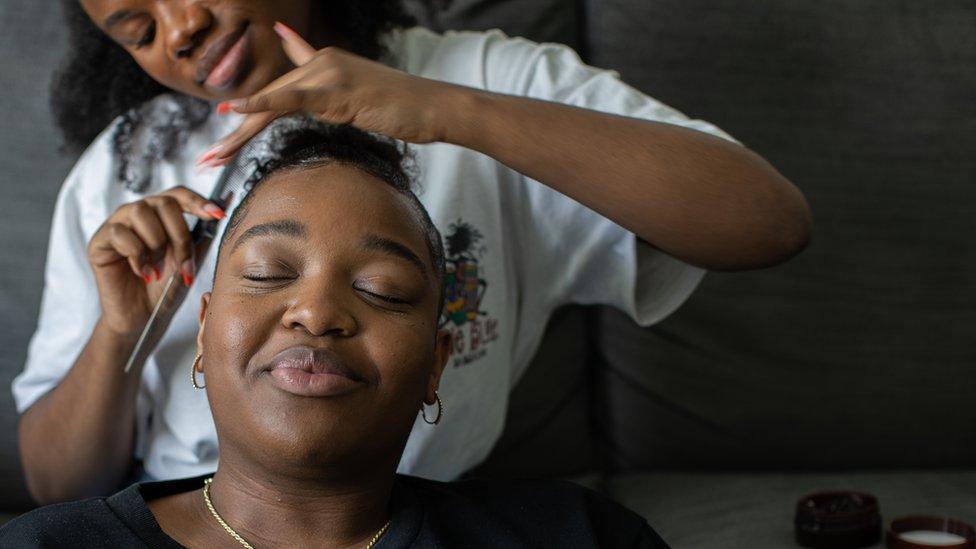
Campaign groups are concerned about ingredients in hair relaxers - but the science isn't conclusive on the issue
Hair relaxers have been around for more than 100 years. In just a matter of minutes, these chemical straightening products can iron out curly hair.
But now more than 100 lawsuits have been filed, external in the US against companies who make some of these relaxers.
L'Oréal's US branch and the owners of other hair relaxers are named in the suits - the brands include Dark & Lovely, ORS Olive Oil and Motions.
The complaints claim the products contain dangerous chemicals that can cause cancer and other health problems.
They also claim that the companies knew this, but marketed and sold the products anyway.
The first lawsuit was filed days after the release of a study, external last October by the National Institutes of Health, a US government biomedical research agency.
They investigated a potential link between the use of hair relaxers and uterine cancer.
Almost 34,000 participants were followed for over 10 years. During that time, 378 uterine cancer cases were diagnosed.
The study found people who used relaxers more than four times in a year displayed a slightly higher risk of developing the condition.
Lead author Alexandra White says researchers "estimated that 1.64% of women who never used hair straighteners would go on to develop uterine cancer by the age of 70".
"But for frequent users, that risk goes up to 4.05%," she adds.
More research needed
However, Karis Betts, senior health information manager at Cancer Research UK says that, although the study suggested a link, it doesn't give clear evidence as to whether hair straightening products can actually increase a person's risk of developing uterine cancer or, if so, how much bigger the risk might be.
"At the moment, there isn't enough good scientific evidence to show that these products cause cancer," she says.
"More research in larger, higher-quality studies is needed to confirm if there's a link. It's important to remember that even if there was an increased cancer risk from hair straightening, it would likely be smaller than known causes of cancer, like age, smoking and obesity."
Karis adds that uterine cancer is relatively rare, so even with a slightly increased risk it still wouldn't be common.

How do hair relaxers work?
Relaxers are creams or lotions formulated with chemicals to straighten afro and curly hair
They break down disulphide bonds - a type of chemical bond found deep inside hair fibres - straightening out kinky or curly hair patterns
There are different types of relaxers: lye relaxers use sodium hydroxide, no-lye relaxers use other active ingredients such as calcium hydroxide or guanidine hydroxide, thio relaxers use ammonium thioglycolate
They are permanent but new hair growth will continue in its natural texture
Some companies offer alternative products for women with textured hair

Scientists haven't been able to identify a particular chemical or ingredient in the hair relaxer formulas that could be dangerous and have said that more research is needed.
But the lawsuits also claim other health issues, such as fibroids, external, have been caused by the products.
These non-cancerous growths in the uterus can cause heavy and painful periods.
One woman named in the US lawsuits claims she had a hysterectomy as a result of the condition.
She's one of at least 20 clients represented by personal injury lawyer James Foster and his firm.
"She ended up being one of the models on the cover of the box for one of the products that she used," he says
"She truly believed in these products that she was willing to put herself on the cover on it.
"And to now have this come out, it's been very devastating on that client in particular. She's very young, and obviously that was really hard on her."
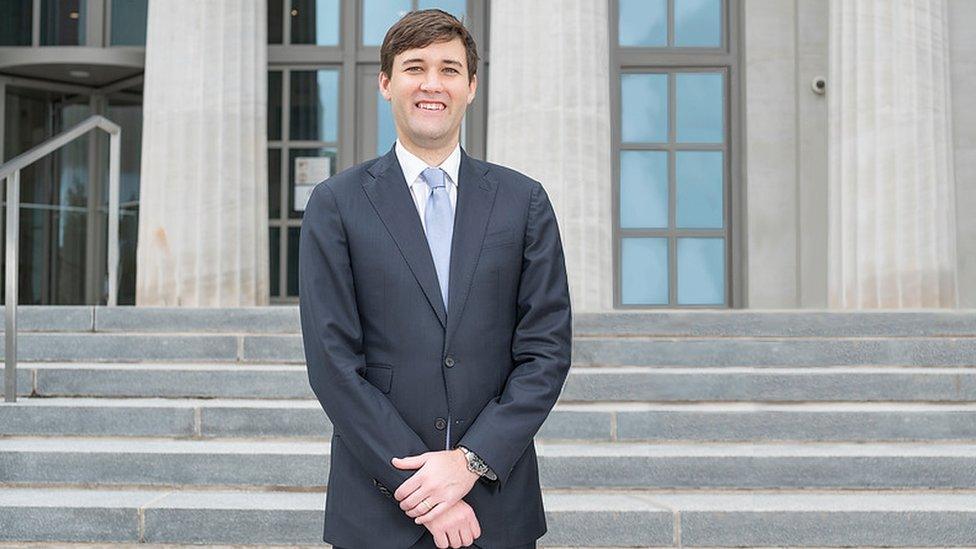
James Foster is a personal injury lawyer in the US representing women making claims against L'Oreal and others
Some believe that chemicals found in certain hair relaxer products can interfere with the body's hormone production.
Some cancers are hormone-sensitive, such as ovarian, breast or uterine cancer.
In 2021, the group launched the #NoMoreLyes petition after a study published in Oxford University's Carcinogenesis Journal, external found some evidence that heavy use of relaxers that include an ingredient called lye, may be associated with an increased risk of a particular type of breast cancer. However the study said more research needs to be done to be sure if this really is the case.
It inspired campaign group Level Up to launch a #NoMoreLyes petition in 2021, calling on big brands such as L'Oreal to stop using the ingredient.
Level Up claims it has yet to get a response from the company to a request for more detailed information about the safety of chemicals in its relaxers.
The group has now released an open letter to L'Oréal, calling on it to remove relaxers containing lye from sale and invest more in research.
It's also been signed by 10 MPs.
"I feel like we're being deliberately ignored," says campaigner Ikamara Larasi "With an open letter, I hope that it will be something that they will take the time to respond to."
"It makes me feel frustrated," she says.
"I think people have the attitudes of, 'well don't use [relaxers] then,' but there's so many reasons why people choose to relax their hair that it's just not a useful argument."

Listen to If You Don't Know on BBC Sounds

Listen to the latest If You Don't Know podcast to hear more about hair relaxers. Also in this episode comedian Lenny Henry talks about using humour in tough times.

A L'Oreal UK spokesperson told us that, while it does not import or sell Dark & Lovely products in the UK, it has responded to all UK consumer requests it has received, "confirming that we uphold the highest standards of safety for all of our products".
They added that L'Oréal's highest priority was the "health, wellness and safety" of all its consumers and that its products were subject to a rigorous scientific evaluation of their safety by experts who also ensure that they follow strictly all regulations in every market in which they operate. It believes the lawsuits filed against the company have "no legal merit".
The If You Don't Know podcast also reached out to Godrej SON Holdings Inc and Dabur International Ltd. These companies also make chemical hair relaxing products and were named in the lawsuits - but they have not responded to our requests for comment.


Follow Newsbeat on Twitter, external and YouTube, external.
Listen to Newsbeat live at 12:45 and 17:45 weekdays - or listen back here.
Related topics
- Published5 October 2018
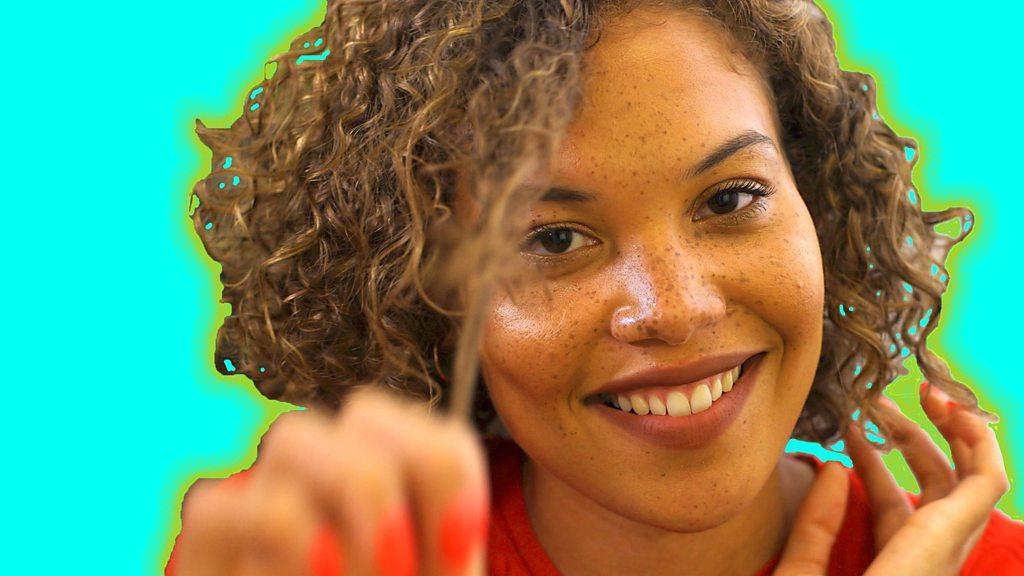
- Published20 June 2018
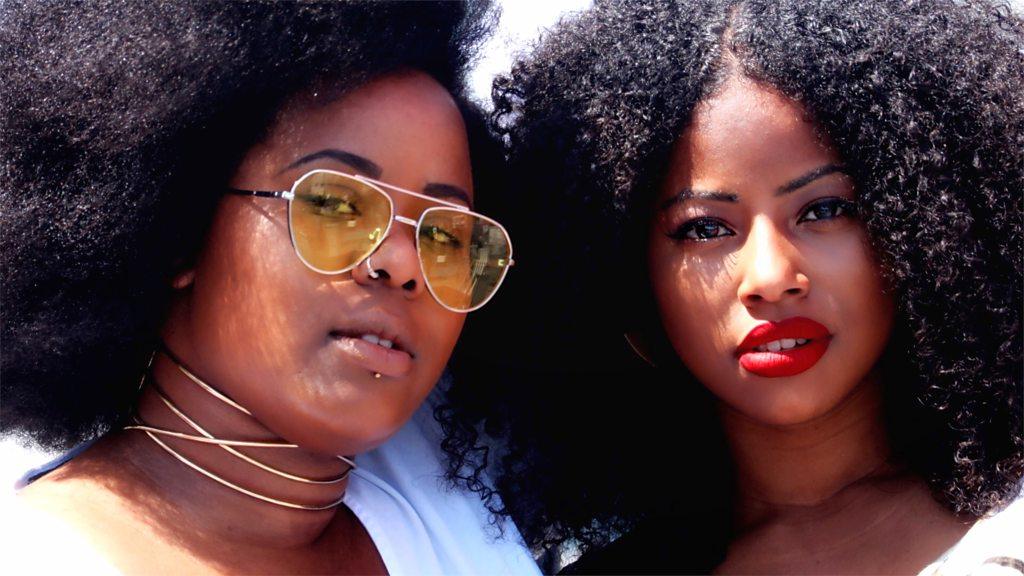
- Published31 March 2022
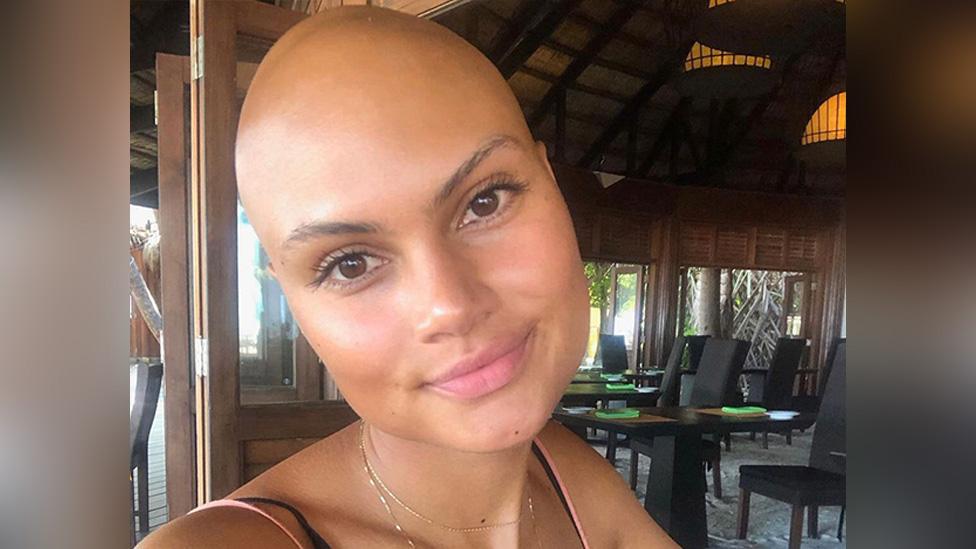
- Published13 December 2019
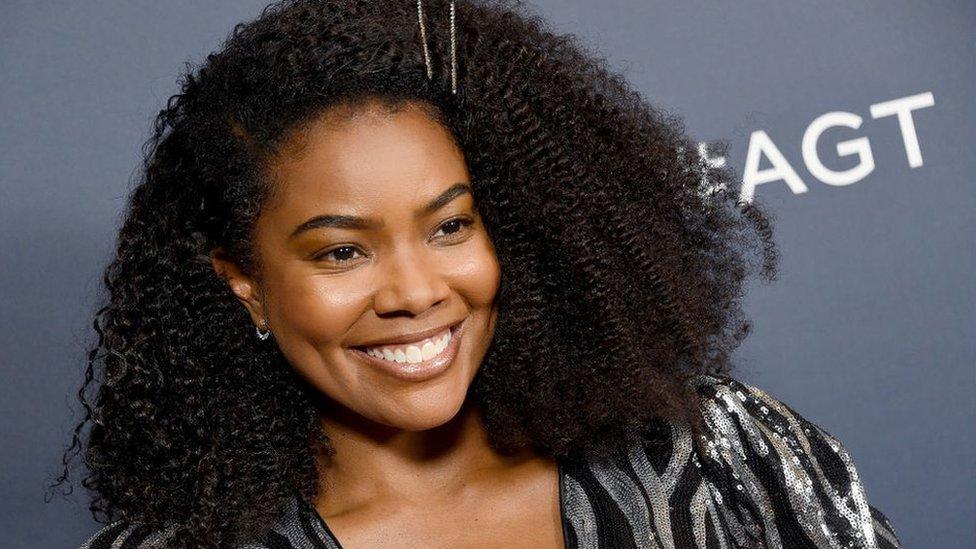
- Published22 July 2015
